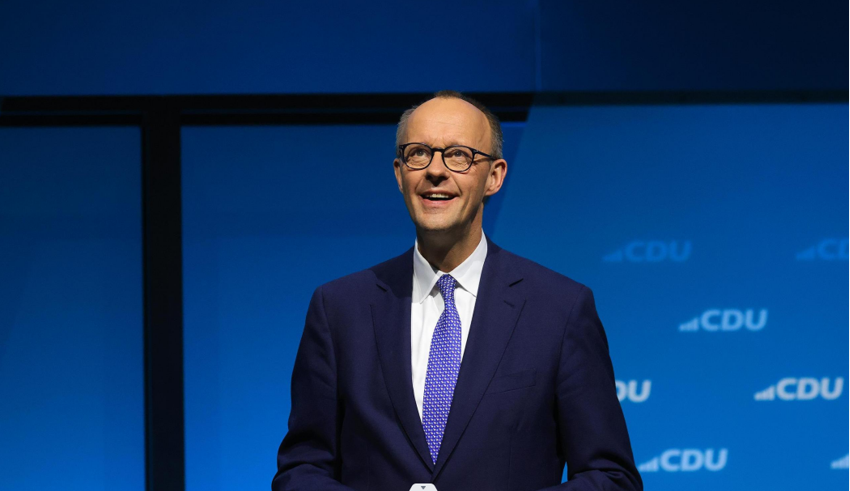Germany’s Bundestag witnessed an unprecedented political showdown on May 6, as Friedrich Merz, leader of the Christian Democratic Union (CDU), was elected chancellor after a dramatic second round of voting. The 69-year-old conservative overcame a stunning setback in the first vote, marking the first time in post-war German history that a chancellor candidate failed to secure an absolute majority on the initial ballot.
A Tumultuous Path to Victory
Merz initially fell six votes short of the required 316-seat majority, sending shockwaves through the chamber and the country. The failed vote triggered hours of crisis meetings within the Reichstag, as coalition partners scrambled to regroup. The stock market briefly slumped, and uncertainty loomed over Merz’s planned inaugural visits to Paris and Warsaw.
In the decisive second vote, Merz secured 325 votes, narrowly clinching victory over 289 opposing votes. His election solidifies the CDU/CSU alliance’s coalition with the centre-left Social Democrats (SPD), though the initial defeat exposed internal divisions within the government.
Political Fallout and Far-Right Gains
The far-right Alternative for Germany (AfD) seized on the chaos, with co-leader Alice Weidel calling the failed first vote a “good day for Germany” and demanding fresh federal elections. Recent polls indicate the AfD is neck-and-neck with the CDU, each commanding 25% support.
Meanwhile, former Chancellor Angela Merkel, once a rival to Merz, observed the proceedings impassively from the Bundestag chamber. As Merz stood behind his chair, visibly shaken, CDU backbenchers cautiously approached to offer words of support.
What Lies Ahead
Merz now faces the challenge of restoring stability after six months of political uncertainty following the collapse of Olaf Scholz’s government. His administration has pledged economic reforms, strong support for Ukraine, and higher military spending.
With Germany’s political landscape shifting, Merz’s leadership will be closely scrutinized as he navigates coalition tensions, economic recovery, and rising far-right influence.
For further updates, you can check out the latest reports here.
Germany Friedrich Merz Picture by Krisztian Bocsi for Bloomberg via finansavisen


